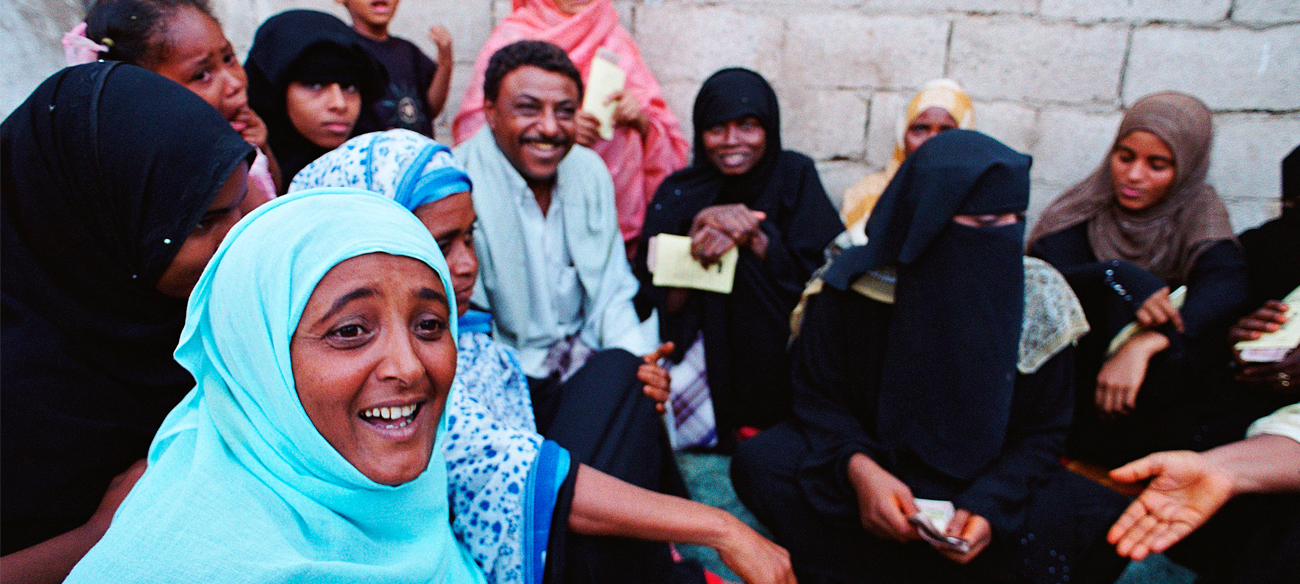Examples of our peace process support
Inclusive Peace is involved extensively in peace and political reform processes across the globe. Here are some examples of the type of advice we provide.
At Inclusive Peace, we support actors engaged in peace and political transition processes, working to ensure effective dialogue and sustainable outcomes. Our support ranges from accompanying individual actors to supporting comprehensive peace processes involving multiple parties.
Over the past five years, Inclusive Peace and our predecessor IPTI have supported over 20 peace and political transition processes in various regions and countries. We do not have country offices or long-lasting in-country projects: rather, our support is flexible and needs-oriented, and we support those who are engaged and present to ensure local leadership. We focus on providing advice at critical junctures in peace and political change processes – understanding when windows of opportunity open or can be influenced.
Identifying ourselves as a think and do tank, we act as a critical friend and behind-the-scenes supporter for the actors involved and their supporters, always with a solid grounding in evidence-based comparative knowledge, research, and process experiences. We provide creative options for making use of opportunities and addressing risks and challenges along the way.
Unfortunately, the bulk of our on-going peace process support work is confidential. In fact, we would love to talk about it, but risk endangering the processes we are engaged in if we do so. Nonetheless, here are some examples, a peek into some of the processes and contexts that we have provided or are currently providing support in:
The MENA region
In partnership with UN Women, we provide on-demand expertise for peace processes in Yemen, Libya, Iraq, and Syria. We provide in-country support to partners on how to influence peace processes for short-term gains on effectiveness and inclusion and long-term conditions to create pathways to inclusive societies. Among other activities, this entails producing advisory papers, facilitating strategy workshops, providing training modules on women’s inclusion in peace processes, and most of all direct advice to the UN, member states, and women networks and organisations. The starting point for our advisory work is local ownership and leadership, building on reality-based strategies that support our partners in real time.
Afghanistan
In Afghanistan, we advise on broad inclusive process design for the Intra-Afghan peace process. This includes all dimensions of inclusion from civil society, women, Diaspora, religious actors, as well as how to link the talks to the grassroots. We also work with women negotiators and peacebuilders to help build alliances and strategize.
Horn of Africa
We conduct regional peer-learning in the Greater Horn of Africa on reconciliation and National Dialogues. We bring together key local peacebuilding, National Dialogue, and reconciliation actors for joint learning and reflection and accompany some actors directly in their work. We also support actors involved in National Dialogues and reconciliation processes in the region as well as international actors engaged in these processes.
To stay up to date with our involvement in peace and political reform processes across the globe sign up to our newsletter and keep in touch with us on our social media channels.

